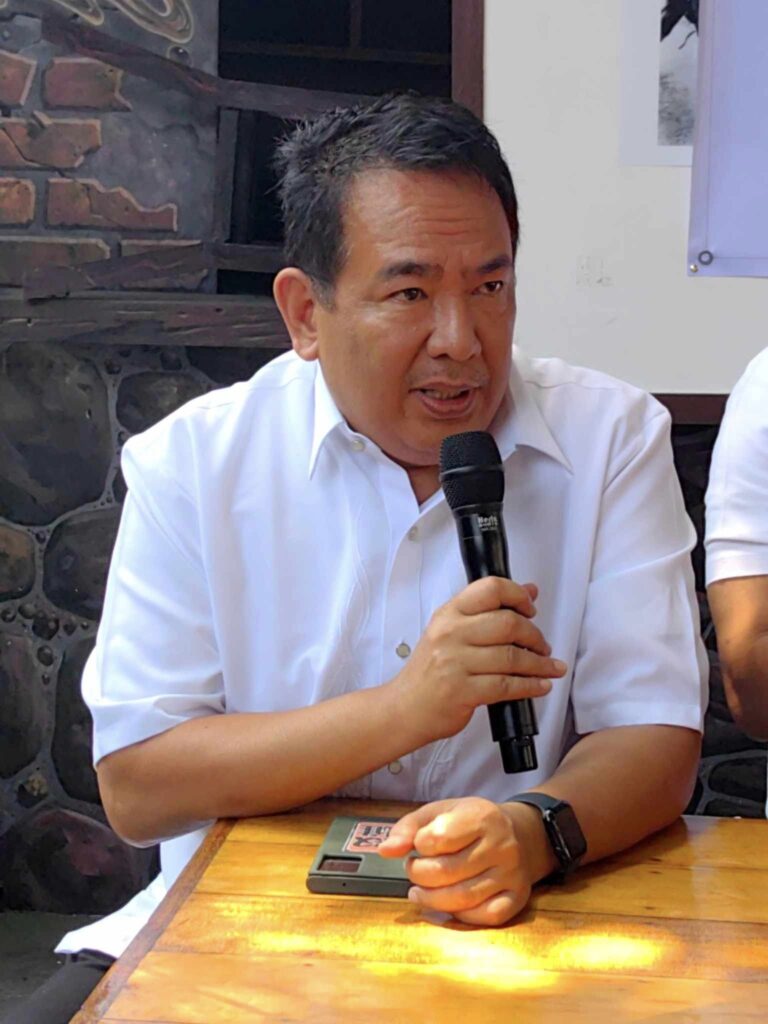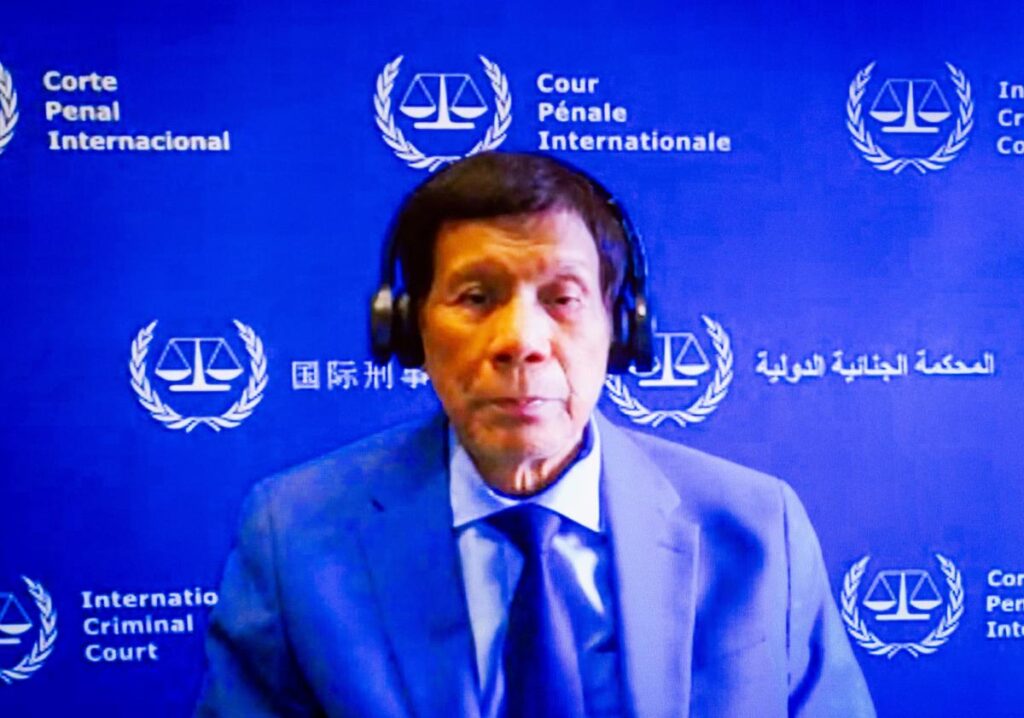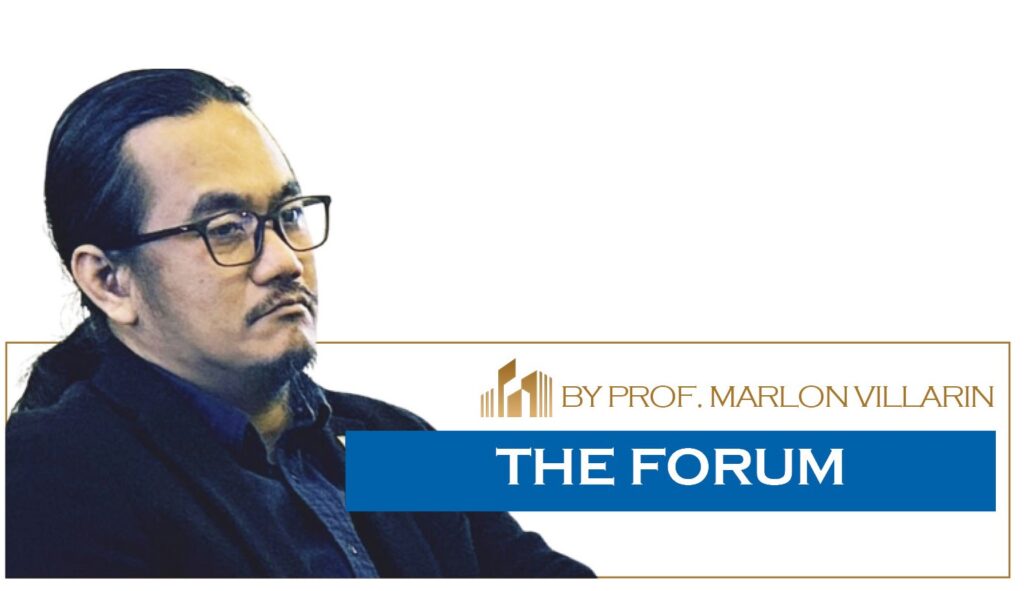By Raffy Gutierrez
When top business groups unite to demand action from a sitting president, it signals not just political noise—but a collapse of confidence. On October 20, 2025, the Bilyonaryo News Channel reported that major business organizations had called on President Ferdinand “Bongbong” Marcos Jr. to address what they described as a “historic corruption scandal.” The same circles that once cautiously cheered his administration’s “rising tiger” narrative are now the ones demanding accountability.
This sudden corporate backlash exposes the widening gap between the Marcos government’s economic storytelling and the lived experience of citizens and investors. For months, pro-administration supporters have flooded social media with Google screenshots declaring that the Philippines is “one of Asia’s fastest-growing economies.” But as the saying goes: Google is not an economist. Headlines can be engineered; numbers cannot.
According to the World Bank’s June 2025 Economic Update, the country’s growth is indeed around 5.3 percent—a respectable figure, but one largely powered by household consumption, services, and remittances, not industrial expansion or export strength. In short, it’s growth without transformation. Even the Asian Development Bank warns that inflation, weak agriculture, and high energy costs continue to threaten recovery.
Meanwhile, the International Monetary Fund has long documented that Philippine per-capita income growth remains sluggish compared to its ASEAN neighbors. Despite decades of reforms, the structure of the economy has barely shifted: over 60 percent of output still comes from services, while manufacturing’s share has stagnated. It’s a system built for spending, not producing.
Worse, the supposed “rising tiger” runs on shaky legs. Electricity prices remain among the highest in Southeast Asia, according to Reuters, and the country’s dependence on coal is actually higher than in China or Indonesia. Internet connectivity, per U.S. Commerce Department data, still ranks near the bottom of the region—an anchor dragging down digital competitiveness. These are not the traits of an economic tiger; they are symptoms of structural decay.
Agriculture, too, is collapsing under neglect. Government data and PCAARRD reports confirm that the Philippines imported over 2.6 million metric tons of rice in 2024—the highest in history. That’s not self-sufficiency; that’s surrender. Each imported sack represents local farmers priced out of their own soil. In rural towns, prosperity remains a press release, not a paycheck.
Even the stock market refuses to buy the propaganda. The Philippine Stock Exchange Index (PSEi) hovers between 6,000–6,100, far below its pre-pandemic levels. Investor sentiment mirrors the mood on the ground: uncertain, cautious, skeptical. The value of the peso against the dollar is the lowest ever in history. You can’t hashtag your way to investor confidence.
So when the country’s top business groups—long known for their restraint—finally spoke out, it wasn’t an act of rebellion. It was an act of realism. They are witnessing how corruption and poor governance are eroding competitiveness, scaring off investors, and endangering the future of Philippine enterprise. This isn’t opposition politics; it’s the business community’s version of a survival instinct.
The Marcos administration can no longer hide behind the mirage of GDP growth and curated headlines. Economic progress means little when tainted by the stench of scandal. A nation cannot rise on growth alone; it must rise on trust. And right now, that trust is evaporating faster than foreign investment.
If the president truly wants to save his legacy, he should listen not to the trolls who worship search-results propaganda but to the entrepreneurs, workers, and citizens demanding integrity. Because when even the business elite starts to roar, it’s no longer the economy that’s growing—it’s the people already raging.




